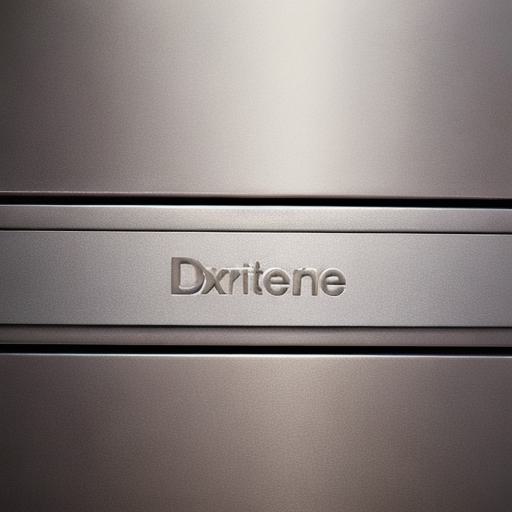Data rooms are virtual or physical spaces where potential investors, buyers, or partners can access crucial company information during the due diligence process. A well-prepared data room request list plays a vital role in facilitating a smooth and efficient review of this information. In this text, we’ll discuss the essential components that should be included in a comprehensive data room request list.
1. Company Overview
Provide a brief introduction about your company, including its mission statement, business model, industry, and competitive landscape. This will help contextualize the information you are sharing with potential investors or buyers.
2. Legal and Regulatory Documents
Include all essential legal and regulatory documents, such as articles of incorporation, bylaws, stock purchase agreements, franchise agreements, and any other relevant contracts. Be sure to include any regulatory filings and permits that may be required for your industry.
3. Financial Statements
Make available audited financial statements, including income statements, balance sheets, cash flow statements, and footnotes for the past three to five years. Provide projections for the upcoming year as well.
4. Tax Returns
Share copies of federal, state, and local tax returns for the past three to five years, along with any supporting schedules or documentation.
5. Intellectual Property
Include all relevant intellectual property documents, such as patents, trademarks, copyrights, licenses, and non-disclosure agreements. Be sure to provide documentation that demonstrates ownership and protection of these assets.

6. Operations and Management Information
Share detailed information about your day-to-day business operations, including organizational charts, facility layouts, workflow diagrams, and key performance indicators (KPIs). Include any operational manuals or guides that may be helpful for understanding the inner workings of your business.
7. Marketing and Sales Materials
Make available marketing collateral, such as product brochures, sales presentations, and customer testimonials. This information will help potential investors or buyers understand your market positioning and competitive advantages.
8. Human Resources Information
Provide information about the structure and composition of your management team and workforce, including organizational charts and personnel policies. Include any employee benefits plans and compensation structures.

9. Customer Information
Anonymized customer lists, along with contact information and details about sales history and trends, can be helpful for potential investors or buyers to assess the potential value of your business. Be sure to maintain strict confidentiality when sharing this information.
10. Industry Analysis
Include market research data, industry reports, and any other relevant analysis that helps contextualize your company’s position within its industry. This will give potential investors or buyers a better understanding of the competitive landscape and growth opportunities.
In conclusion, a well-prepared data room request list is essential for a thorough due diligence process. By providing all the necessary information in an organized and accessible manner, you can help ensure that potential investors or buyers have a clear understanding of your business and its value proposition. Remember to maintain confidentiality when sharing sensitive information and to be as transparent as possible with non-sensitive data to build trust and facilitate a successful transaction.
